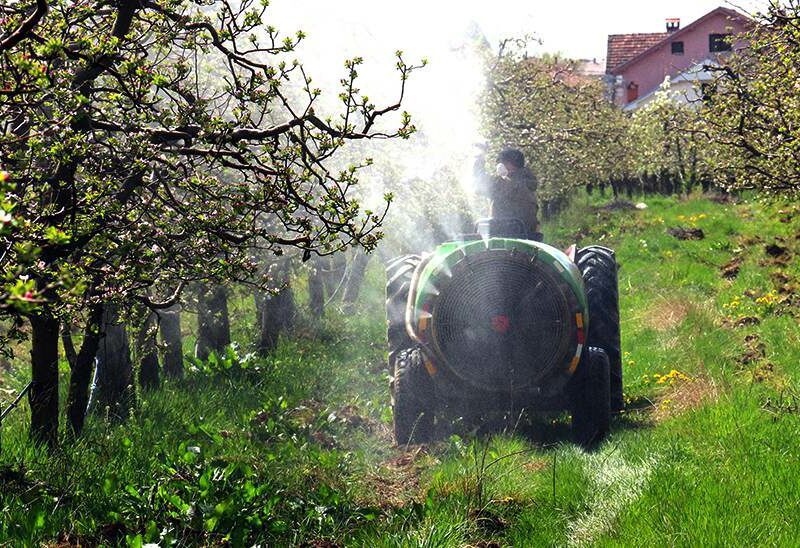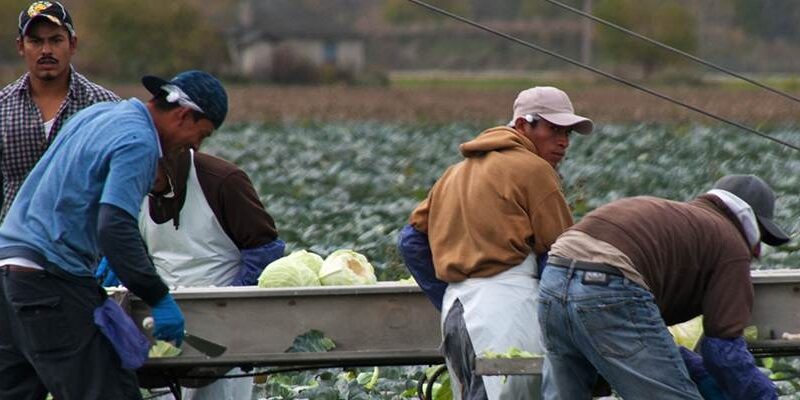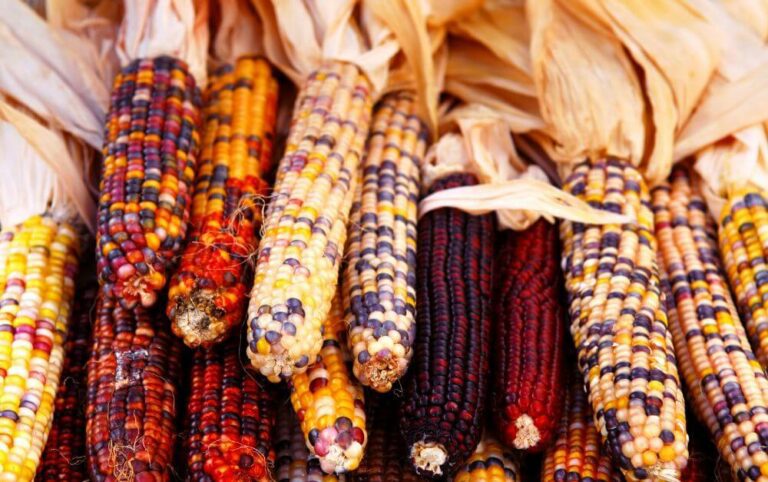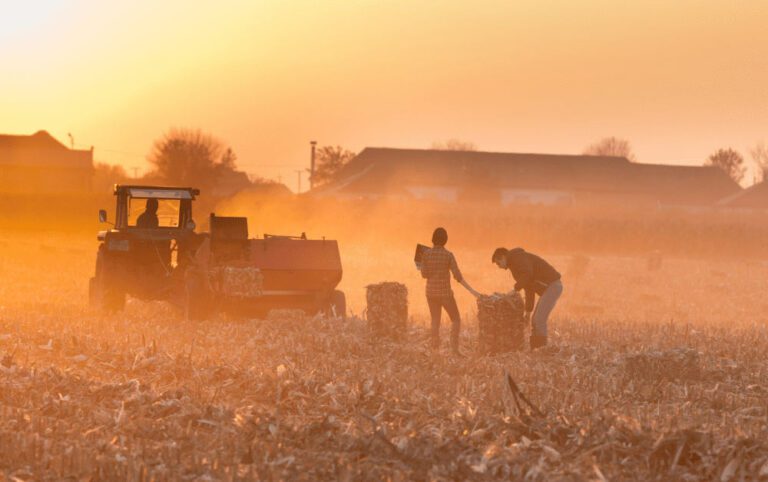On April 1, 2024, Mexico was set to follow through with its 2020 commitment to ban the toxic herbicide glyphosate (the active ingredient in Bayer’s Roundup in the USA and Faena in Mexico) by 2024. When the plan to phase out glyphosate and genetically engineered (GE) corn was originally laid out, Mexico’s government cited the purpose of the new policies as “contributing to food sovereignty and security” and the health of the Mexican people, as well as protecting native corn from contamination by GE pollen. Glyphosate is a pervasive herbicide frequently used on corn and other commodity crops, and genetically engineered corn is often modified to—among other things—be resistant to glyphosate.

News & Analysis
About every five years, the U.S. Congress passes the biggest set of food and farming policies that define the majority of federal farm, food, nutrition, and rural economic programs. At a cost of about $440 billion over five years, these programs influence: What is grown; who grows it; how it is grown or produced; what is done with those products and where they are sold; who can access and afford those goods; and how we invest in rural communities.
By supporting good legislation, opposing bad legislation, and building up a network of supporting organizations, it is our hope that we can collectively move the needle on farmworker rights in the right direction.
Watch and listen as two experienced farmers share stories and practical approaches for small-scale, diversified farms that use the principles of agroecology. This discussion may provide you with ideas that small farms where you live can adapt and thrive.
After many long days of negotiations, the U.N. Environment Programme (UNEP) made a historic move for safer food and farming by passing a resolution on highly hazardous pesticides (HHPs) that calls for action to globally phase out the use of the world’s most toxic pesticides by 2035. Tied with this resolution was the passing of a mandate for UNEP to implement this commitment by forming the Global Alliance on HHPs.
PFAS are persistent and have the potential to affect human health for many years. Some pesticides have PFAS in their formulations and others leach PFAS from their containers.

California, stop the drift
August 10, 2017
Pesticide drift regularly occurs in California agricultural communities, and too often it flies under the radar. But in the past several months there have been four major drift incidents that bring the problem into sharper focus. The findings are in Earlier this week, Kern County

Getting this carcinogen out of California water
August 10, 2017
In late July, the California State Water Resources Control Board approved a stringent “maximum contamination level” (MCL) for a cancer-causing chemical in drinking water. This was a hard-fought and important victory for public health. For 25 years, 1,2,3-trichloropropane (TCP) has been designated as a carcinogen

Indigenous solidarity, today & every day
August 9, 2017
August 9 is the U.N. International Day of the World’s Indigenous Peoples. Today, PAN stands with the estimated 370 million Indigenous peoples around the world in their struggles to gain justice and obtain full cultural, economic, social and political rights.

Pesticide feds failed to ban responsible for major farmworker poisoning incident
August 8, 2017
Company fined for illegal drift of brain-harming chlorpyrifos in Kern County For Immediate Release: August 8, 2017 Bakersfield, CA – The Kern County Agricultural Commissioner confirmed today that one of the pesticides involved in a major pesticide drift incident that affected nearly 50 farmworkers in

Health & Farmworker Advocates Respond to California Chlorpyrifos Announcement
August 8, 2017
For Immediate Release: August 18, 2017 Earlier today, California officials at the California Environmental Protection Agency (EPA), Department of Pesticide Regulation (DPR) and Office of Environmental Health Hazard Assessment announced steps to address the threat of the neurotoxic pesticide chlorpyrifos. Mark Weller, Co-director of Californians








